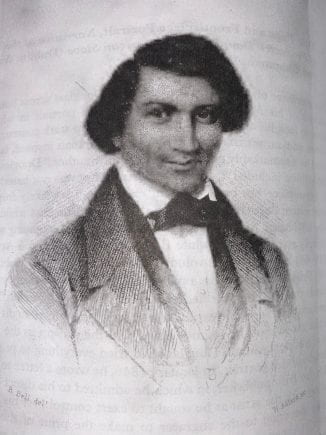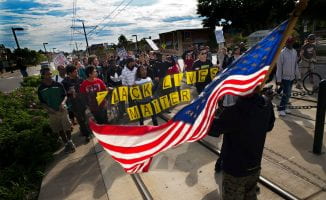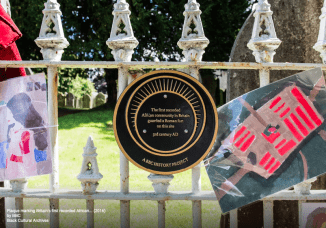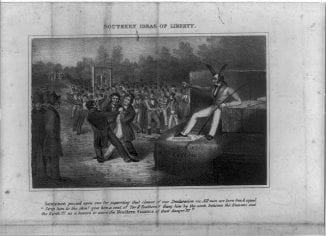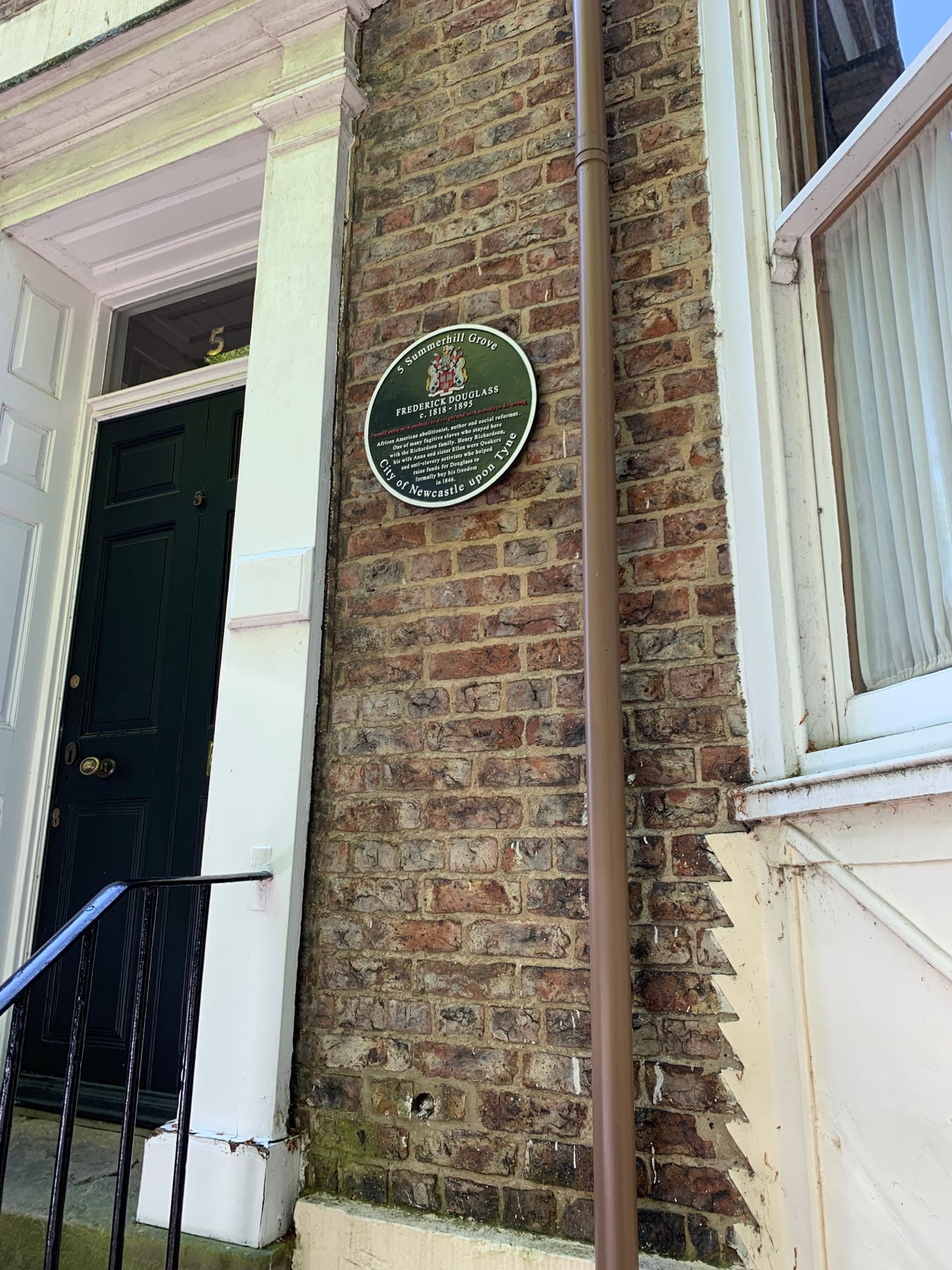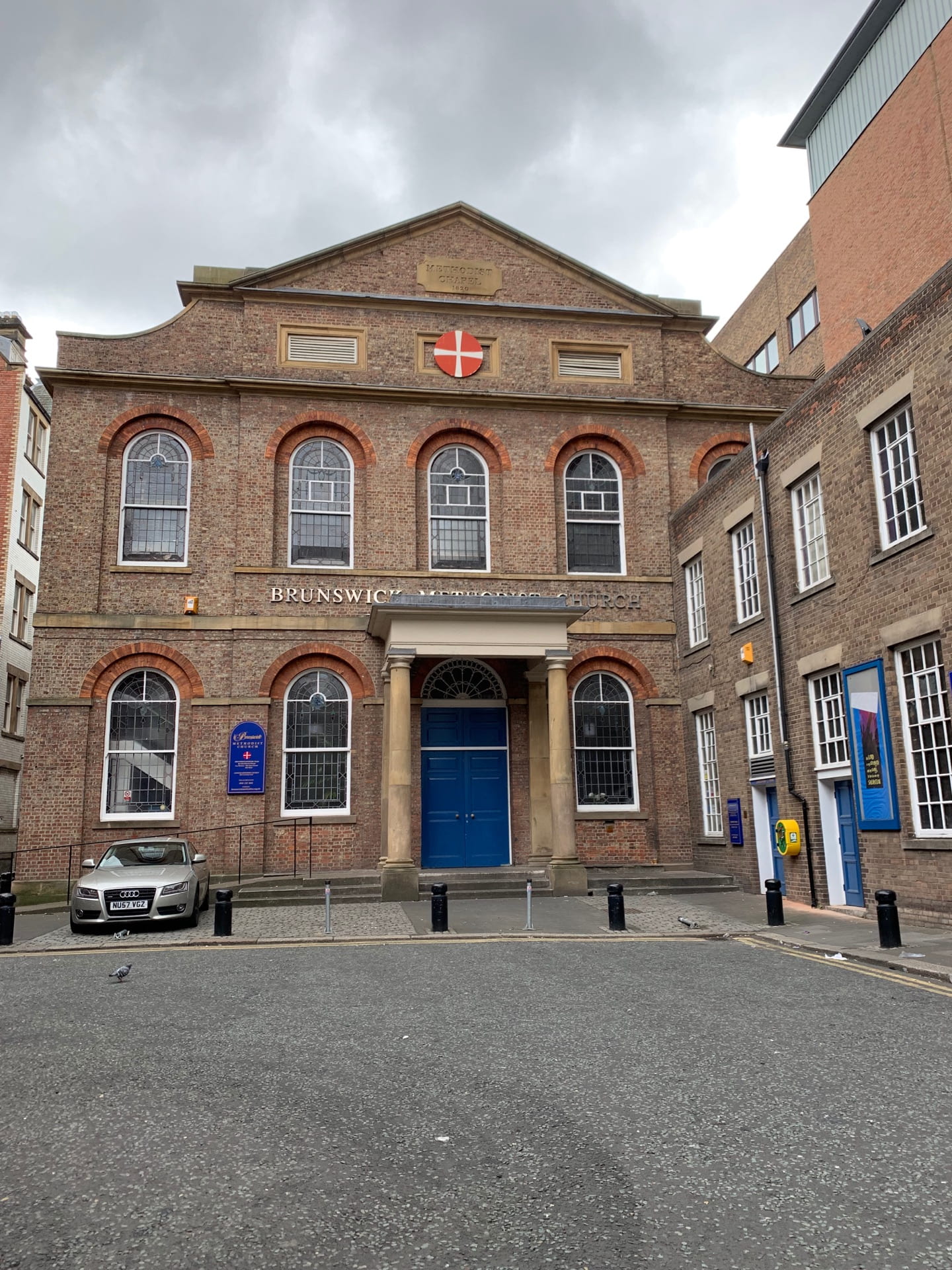
Frederick Douglass
After doing the extremely hard job of escaping slavery, Frederick Douglass faced an equally challenging job of creating a persuasive image — an image that would make people want to join the abolition movement. He knew the power of a picture and what it was capable of doing, so when in front of the camera […]

